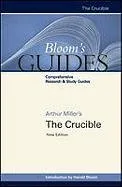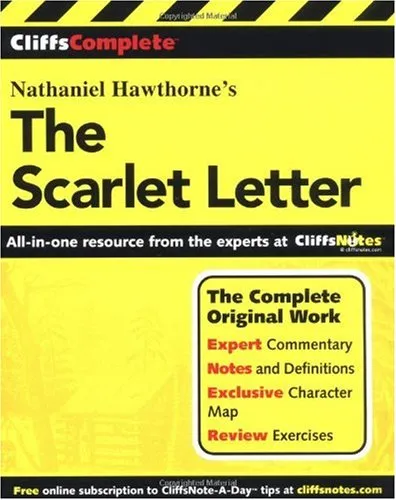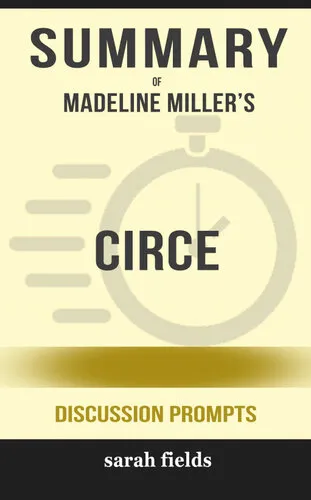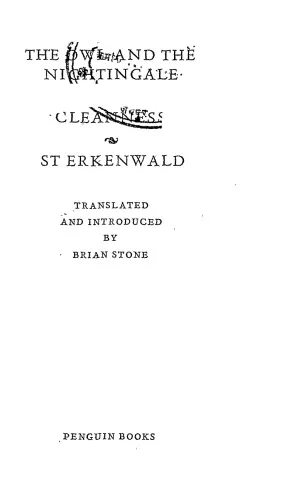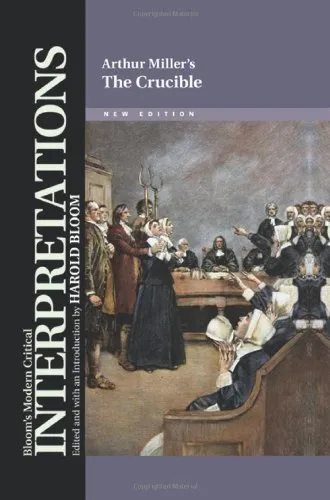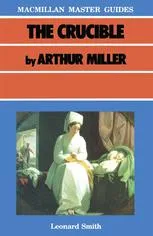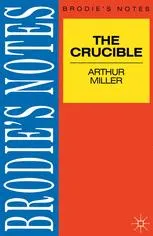Arthur Miller's The Crucible (Bloom's Guides)
4.0
Reviews from our users

You Can Ask your questions from this book's AI after Login
Each download or ask from book AI costs 2 points. To earn more free points, please visit the Points Guide Page and complete some valuable actions.Related Refrences:
Arthur Miller's "The Crucible" remains one of the most significant plays in American theatre, exploring themes of hysteria, morality, and societal pressure. "Arthur Miller's The Crucible (Bloom's Guides)" serves as an essential companion to understanding this intricate work. This introduction will delve into a detailed summary, the key takeaways, memorable quotes, and the importance of this book in the literary world.
Summary of the Book
"Arthur Miller's The Crucible (Bloom's Guides)" provides a comprehensive analysis of Miller’s timeless play that critiques the Salem witch trials while drawing parallels to the McCarthy era's anti-communist fervor. The book breaks down each act of "The Crucible," examining the characters’ motivations and the socio-political conditions that lead to one of the most controversial judicial proceedings in American history.
The guide elaborates on the setting of the small Puritan town of Salem, Massachusetts, in 1692. It begins with the mysterious illness of Reverend Parris's daughter, Betty, which sets off a wave of panic and accusations of witchcraft. Miller's work masterfully portrays the escalation from suspicion to a full-blown crisis, fueled by fear, envy, and personal vendettas. Critical attention is given to how individual actions ripple through the community, igniting hysteria and revealing the darker sides of human nature.
The character of John Proctor takes center stage as the moral conscience of the play, grappling with his own sins while challenging the town’s descent into madness. Ultimately, the themes of integrity, reputation, and personal responsibility are explored in the tragic resolution of the play.
Key Takeaways
- Exploration of societal hysteria and its consequences.
- The role of personal integrity in the face of communal pressure.
- The dangers of scapegoating and personal vendettas exacerbated under crisis.
- Parallels between historical events and modern societal issues.
- Arthur Miller’s critique of McCarthyism through historic allegory.
Famous Quotes from the Book
"Because it is my name! Because I cannot have another in my life! Because I lie and sign myself to lies!"
"Is the accuser always holy now? Were they born this morning as clean as God's fingers?"
"I have given you my soul; leave me my name!"
Why This Book Matters
The critical insights provided by "Bloom's Guides" elevate the reader's understanding of "The Crucible," offering valuable interpretations and scholarly critiques that enhance the educational experience. Arthur Miller's play not only serves as a historical commentary but also as a mirror reflecting the dangers of extremism and moral rigidity in any era.
Furthermore, the compassionate analysis offered in this guide encourages readers to reflect on themes of personal guilt, redemption, and societal responsibility. This is particularly relevant in a contemporary context where community dynamics can often parallel those seen in Salem, emphasized by Miller’s timeless narrative.
Through meticulous research and scholarly discussion, "Arthur Miller's The Crucible (Bloom's Guides)" is an indispensable resource for students, educators, and literary enthusiasts seeking a deeper understanding of the complex layers within this seminal work. It challenges readers to not only comprehend the events of the past but to consider their implications on current and future societal landscapes.
Free Direct Download
You Can Download this book after Login
Accessing books through legal platforms and public libraries not only supports the rights of authors and publishers but also contributes to the sustainability of reading culture. Before downloading, please take a moment to consider these options.
Find this book on other platforms:
WorldCat helps you find books in libraries worldwide.
See ratings, reviews, and discussions on Goodreads.
Find and buy rare or used books on AbeBooks.
1489
بازدید4.0
امتیاز0
نظر98%
رضایتReviews:
4.0
Based on 0 users review
Questions & Answers
Ask questions about this book or help others by answering
No questions yet. Be the first to ask!
